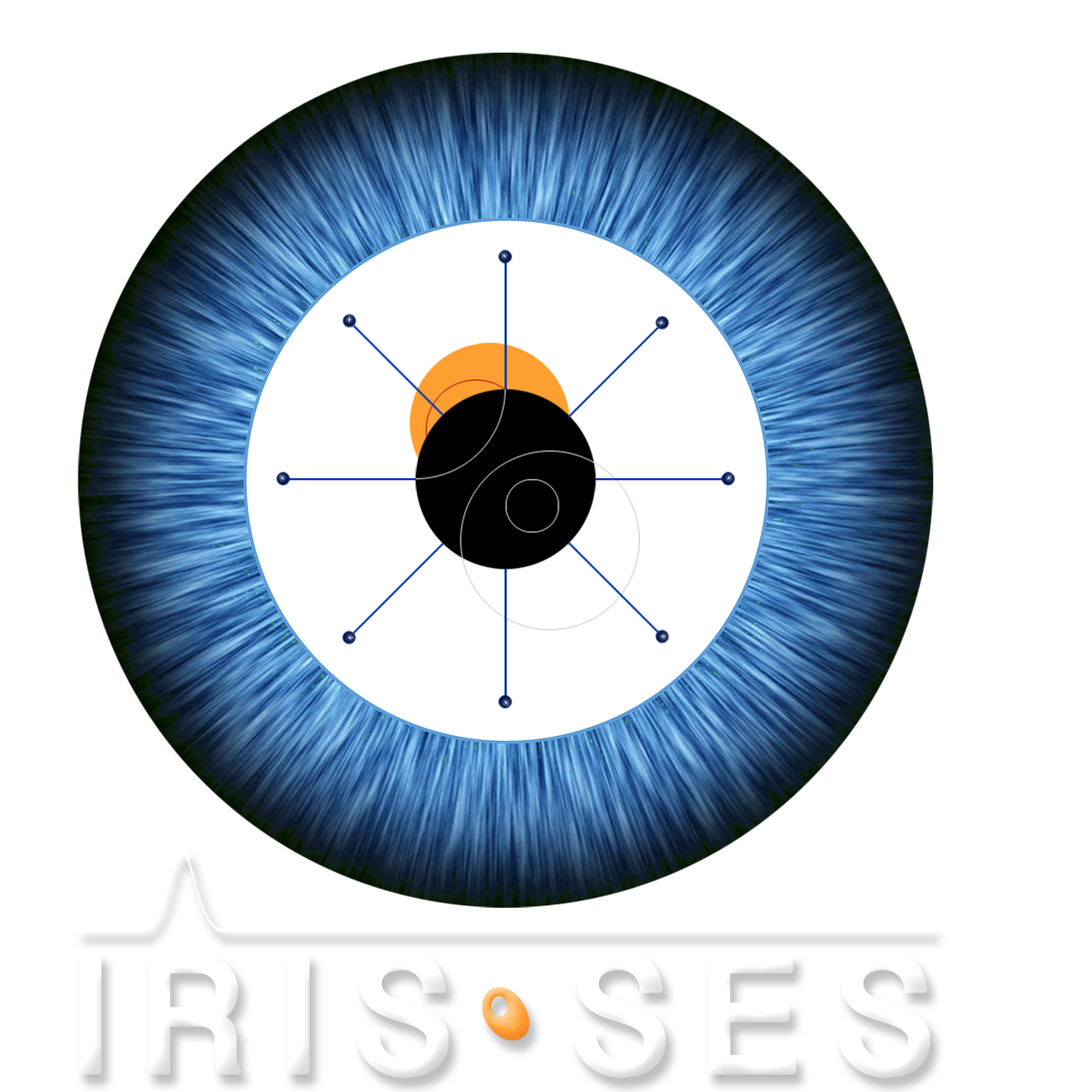This tutorial course will help users to learn how to use the Data Refinement Workflowto retrieve and clean data from GBIF.
This tutorial and the workflow it describes has been prepared by the FP7 funded BioVeL project (grant no. 283359).
This tutorial course will help users to learn how to use the Data Refinement Workflowto retrieve and clean data from GBIF.
This tutorial and the workflow it describes has been prepared by the FP7 funded BioVeL project (grant no. 283359).
Course to learn the basics of biodiversity.
This course will introduce you to the Ecological Niche Modelling family of workflows developed by the Biodiversity Virtual e-Laboratory (BioVeL) project. It will teach you:
BioVeL is funded by the European Commission 7th Framework Programme (FP7) as part of its e-Infrastructures activity (Grant no. 283359). It's website may be found at www.biovel.eu.
<BioVeL, FP7 and e-Inf logos at appropriate size>
Large coastal populations have an impact on ocean animals such as sea turtles and manatees. Many people and groups are working to protect these ocean animals.
L’argomento del tutorial è una guida pratica alla realizzazione di modelli di distribuzione (Species Distribution Modelling, SDM). Il tutorial si baserà sul pacchetto di R “dismo” e presenterà una guida dettagliata su come realizzare un SDM partendo da dati di presenza/occorrenza (fornito da noi, ma i lettori possono utilizzare anche i loro dati) e un set di variabili climatiche.
Dopo una breve introduzione alla definizione di Species distribution model, con alcuni esempi di utilizzo in biologia, il tutorial presenterà un guida (divisa in 5 sezioni principali) che passo dopo passo mostrerà al lettore quali sono i passaggi fondamentali per ottenere una mappa di distribuzione. Verranno forniti suggerimenti utili per evitare gli errori più comuni che possono influenzare un’analisi e per una corretta interpretazione degli output.
 Integrated Regional monitoring Implementation Strategy in the South European Seas (IRIS -SES) is a pilot project on New Knowledge for an integrated management of human activities in the sea (PP/ENV D2/SEA 2012). It aims to support management of human activities and their effects in EU waters by providing tools for integrated MSFD and other environmental legislation in selected regions and based on existing sampling across various disciplines.
Integrated Regional monitoring Implementation Strategy in the South European Seas (IRIS -SES) is a pilot project on New Knowledge for an integrated management of human activities in the sea (PP/ENV D2/SEA 2012). It aims to support management of human activities and their effects in EU waters by providing tools for integrated MSFD and other environmental legislation in selected regions and based on existing sampling across various disciplines.
Within the IRIS-SES context, training on all new issues posed by the innovative approach of MSFD and involving the methodological and practical aspects listed above is essential for the scientific stakeholder community as well as for the whole community of technicians and researchers actively involved in the MSFD monitoring programs at the different national or regional levels. This part of IRIS-SES is implemented through the use of LifeWatch platform (run by USalento) and aimed to both expert and not-expert international audience.
The seven TED-like short talks were covering topic as: Biodiversity, Alien Species, Food webs, Eutrophication, Sea bed integrity, Contaminants and Marine Litter. They are dealing respectively on morpho-functional diversity, as body size diversity, in marine ecosystems, plankton biodiversity and food web dynamics, alien species treats to marine Mediterranean ecosystems, nutrient dynamics, phytoplankton dynamics and harmful algal blooms in the Black Sea, bioturbation and sea bed integrity, problems raising from new nano-particle contaminants, critical pressures from POPs concentration in marine ecosystems and organism responses and contaminant bio-magnification.